Cruise Pilots v. 21 Million Floridians
When Senate Bill 426 was filed last week in an effort to eviscerate the charter amendments passed by Key West voters, we weren't surprised. We know money talks in Tallahassee. We know too many politicians are willing to throw out the vote when it suits the corporate titans whose lavish PAC contributions keep them in power.
And we know these charter amendments are seen as a threat by one of Florida's biggest sources of political money — the gang of foreign-owned, Miami-based corporations that make up the cruise industry.
We expected this fight.
What we didn't expect was the precise shape of this bill, nor the people responsible for it. We had to go all the way to Tallahassee, and train our ears on the monied halls of the Capitol, to understand what’s happening.
Here’s what we’ve learned:
The bill filed by Senator Jim Boyd of Bradenton is actually the work of the Florida Harbor Pilots Association, who were likely urged into action by the Key West Bar Pilots.
This isn't our first run-in with the Pilots, so perhaps we should have seen this coming. The Key West Pilots asked a Federal judge last summer to strip the Key West cruise ship questions from the ballot; and the Florida Pilots were active in the disinformation campaign that spread lies to Key West voters. The Pilots had the support of the cruise industry in both these efforts, and the Cruise Lines Industry Association (CLIA) has quickly come out in support of the Pilots’ current pre-emption efforts.
In all of Florida, there are less than 100 pilots. These men have one of the cushiest sinecures in the State, operating a monopoly, protected by statute, that brings salaries exponentially higher than other captains with the same skills.
Pilots are among the biggest beneficiaries of the cruise industry in Florida, and they and their allies at CLIA have used their financial power to buy political influence in Tallahassee. Both groups are obsessed with larger and larger cruise ships. The bigger the ship, the bigger the profits in the offshore bank accounts of the foreign-owned cruise companies, and the bigger the paycheck for the Florida Pilots.
They have deep pockets. We have you.
But this time the Pilots may have gone too far. We hear that the powerful Florida Seaports Council was not consulted on the language for this bill, and that its members share our fundamental concern. Why should local historic waterfront and maritime heritage be managed by Tallahassee?
Although it was conceived as an attack on the Key West charter amendments, Sen. Boyd’s bill will severely impact local control over local waterfront in seaports, cities, and counties throughout the state.
This is no longer just about 10,000 Key Westers who voted for common-sense regulations on cruise ships. Florida’s seaports are enjoyed by and belong to 21 million people. This waterfront is the very heart of our collective heritage as Floridians. The future of this vast public resource is now being held hostage by a small group of self-interested individuals.
It would be hard to overstate the potential impacts of SB 426, which says “local government may not restrict or regulate commerce in the seaports.” This radical proposal could eliminate dozens, if not hundreds, of commonplace local ordinances protecting public safety that have been in place for generations. No-wake zones, water-taxi regulations, and water-sports ordinances are among the basic safety regulations that may become unenforceable if this bill becomes law.
Protect the rule of law on Florida’s coasts. Donate today.
Environmental protections are also at risk. In Sen. Boyd's own district, SB 426 threatens Manatee County’s ability to protect its namesake marine mammal, potentially opening up Port Manatee Ecological Park and Port Manatee Conservation Area to motorboat traffic and high-intensity watersports operations.
In a shameless attempt to protect their own pocketbooks, the Pilots’ bill threatens waterfront livelihoods throughout the state. In Fort Pierce, the bill could strip local protections from the Indian River Lagoon, which the Port of Fort Pierce Master Plan recognizes as the most biodiverse estuary in North America and a crucial component of the local economic base.
Even worse, the bill fails to propose any sort of state regulatory framework to replace the local protections it would pre-empt. If this bill passes, Florida waterfront becomes the Wild West.
In the days and weeks ahead, we will be reaching out to other communities around the state to help them understand what is at stake. We will build a coalition from Key West to Jacksonville to Pensacola.
Help build a Coastal Coalition to Protect Home Rule.
What is good for one port may not necessarily be good for another. Maintaining local control is essential to the survival of port communities everywhere.
We believe Floridians are united in wanting to protect their historic waterfronts and their maritime traditions. Many of these communities, like Key West, have continuously controlled their harbors for almost 200 years. Our coalition will fight this bill to protect the bedrock principle of home rule and local control over our ports.
Key West City Manager Greg Veliz spoke strongly in favor of home rule and against SB 426 in a recent meeting, and we expect the City will strongly oppose this bill.
We’ve learned a lot in the past week, but we need your help to keep going. Keeping ears and eyes in Tallahassee costs real money. Leading a coalition of coastal communities in a state with over 8,000 miles of coastline won’t be easy, but with your help we will protect Florida’s seaports and the local communities that know them best.
Thank you for your support,
Key West Committee for Safer, Cleaner Ships
Evan Haskell, President
Jolly Benson, Vice President
Arlo Haskell, Treasurer
David Dunn, Secretary
Capt. Will Benson, Member-at-Large
